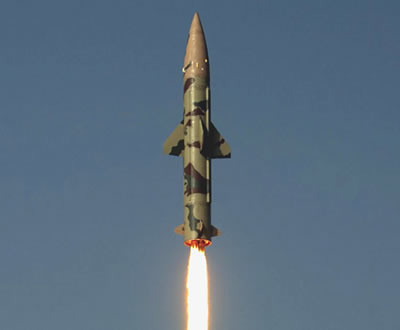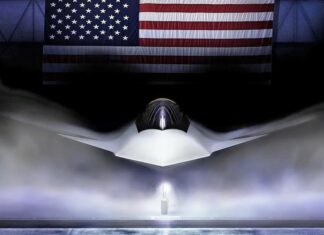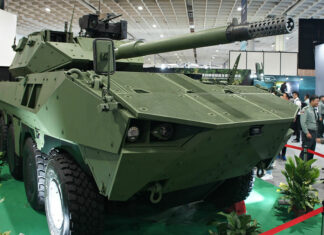Pakistan announced it had test-fired a nuclear-capable cruise missile on Monday, September 17, 2012. Two days after the Pakistani test India has test fired its long-range nuclear-capable strategic missile AGNI IV, with a range of about 4,000km (2485 miles). This missile is India’s second longest-range missile (the AGNI V was tested in April 2012 for the first time).
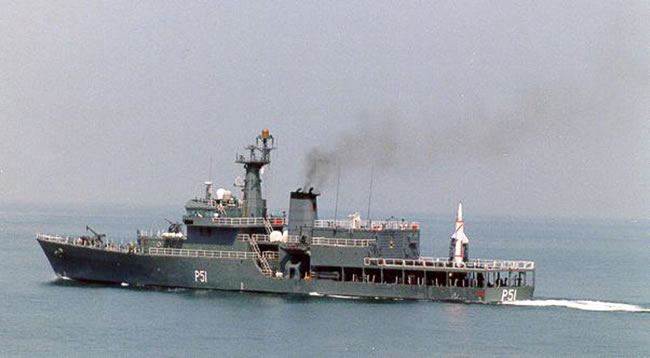
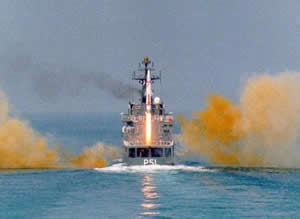
Two weeks later India has launched two short-range (350 km) Prithvi-II ballistic this week, the first was launched from the Chandipur missile test range off the Odisha coast on October 4, as part of the Indian Army strategic readiness evaluation program. A day later, a Dhanush missile (the naval version of the Prithvi II) was launched from this launch has reportedly demonstrated high precision, hitting the within 20 meters from the planned impact point. The missile can carry 500 – 1,000 kg warhead, and is defined as a ‘nuclear capable’ missile.
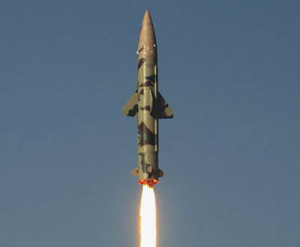
Dhanush and Prithvi-II are both operational ballistic missiles, deployed by the Indian land and naval forces as part of the country’s strategic ‘triad’. Sharing the same launch vehicle, the two weapons were developed by the Indian Defence Research and Development Organisation (DRDO), under the country’s Integrated Guided Missile Development Programme (IGMDP). Other missiles developed and deployed include the Agni II medium range ballistic missile.
The Agni V long-range ballistic missile. Other types include the submarine-launched Sagarika (K-15) ballistic missile (700 km, 1 ton warhead) and Nirbhay cruise missile; all three are currently in development.

